The importance of regular hvac maintenance
Heating, Ventilation, and Air Conditioning (HVAC) systems are integral to maintaining a comfortable and healthy environment in industrial and commercial settings. These systems regulate temperature, humidity, and air quality, ensuring optimal conditions for both personnel and equipment. Given their critical role, regular maintenance of HVAC systems is not just beneficial but essential for businesses aiming to achieve sustainability and cost-effectiveness.
Benefits of Regular HVAC Maintenance
Regular maintenance ensures that HVAC systems operate at peak efficiency. Over time, components such as filters and coils can become clogged with dirt and debris, forcing the system to work harder and consume more energy. Routine cleaning and servicing help maintain optimal airflow and system performance, leading to significant energy savings.
Investing in regular maintenance can extend the lifespan of HVAC equipment. By addressing minor issues before they escalate into major problems, businesses can avoid costly repairs or premature replacements. This proactive approach not only saves money but also ensures uninterrupted operation of critical systems.
HVAC systems play a crucial role in maintaining indoor air quality. Regular maintenance, including filter replacements and duct cleaning, helps remove pollutants, allergens, and bacteria from the air. This is particularly important in commercial and industrial settings where air quality can directly impact employee health and productivity.
While regular maintenance involves an upfront cost, it leads to substantial savings in the long run. Efficient systems consume less energy, reducing utility bills. Additionally, well-maintained systems are less likely to experience breakdowns, minimizing repair costs and downtime.
Key Components of HVAC Maintenance
Regular inspections are crucial for identifying potential issues early. Technicians check for signs of wear and tear, leaks, and other anomalies. Cleaning components such as coils, fans, and ducts ensures that the system operates efficiently and effectively.
Filters are vital for trapping dust, pollen, and other airborne particles. Over time, they become clogged and less effective. Regular replacement of filters is essential to maintain air quality and system efficiency.
Calibrating the HVAC system ensures that all components are working in harmony. This includes checking thermostat settings, airflow, and temperature controls to ensure the system is operating as intended.
Refrigerant is crucial for the cooling function of HVAC systems. Technicians check refrigerant levels and inspect for leaks, ensuring the system can effectively regulate temperature.
Common Challenges in HVAC Maintenance
Despite the benefits, businesses often face challenges in maintaining their HVAC systems. These include finding qualified technicians, scheduling regular maintenance without disrupting operations, and managing costs. Addressing these challenges requires a strategic approach and a reliable maintenance partner.
Choosing the Right HVAC Maintenance Partner
Selecting the right partner for HVAC maintenance is critical. Businesses should look for providers with a proven track record, comprehensive service offerings, and a commitment to customer satisfaction. A reliable partner will offer tailored maintenance plans, quick response times, and expert advice, ensuring that HVAC systems remain in optimal condition.


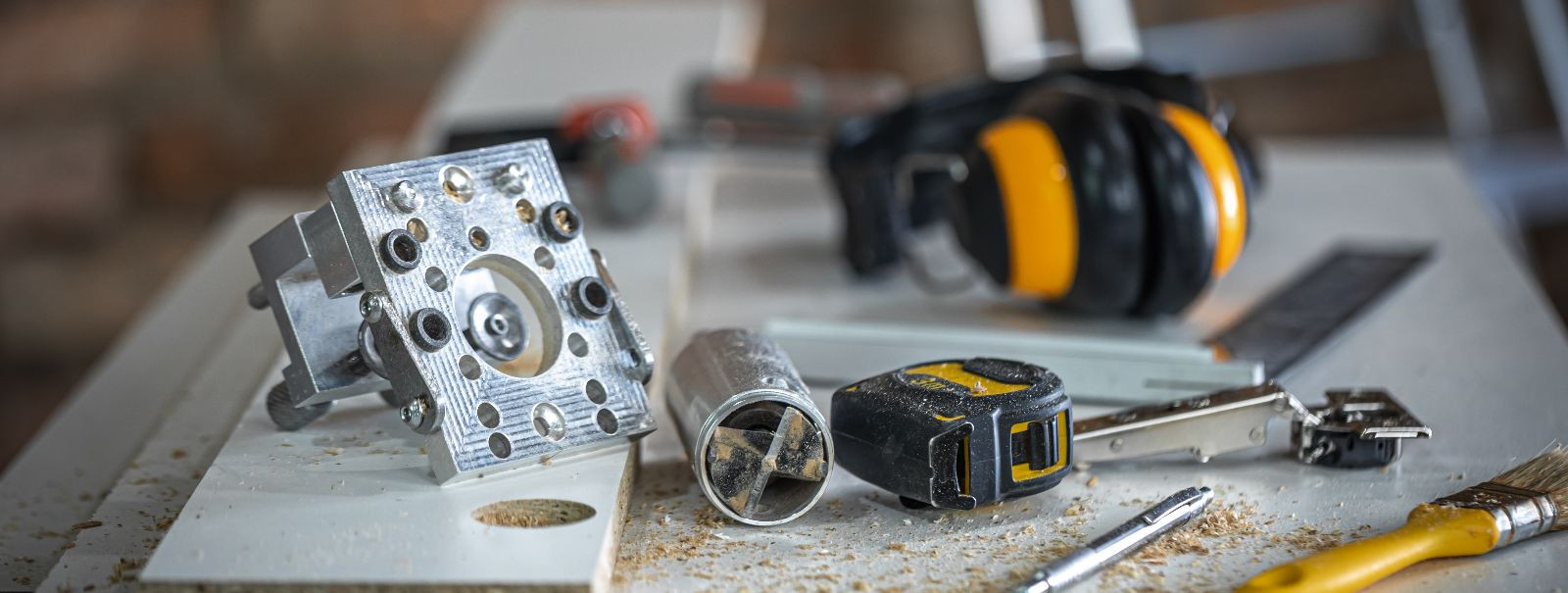

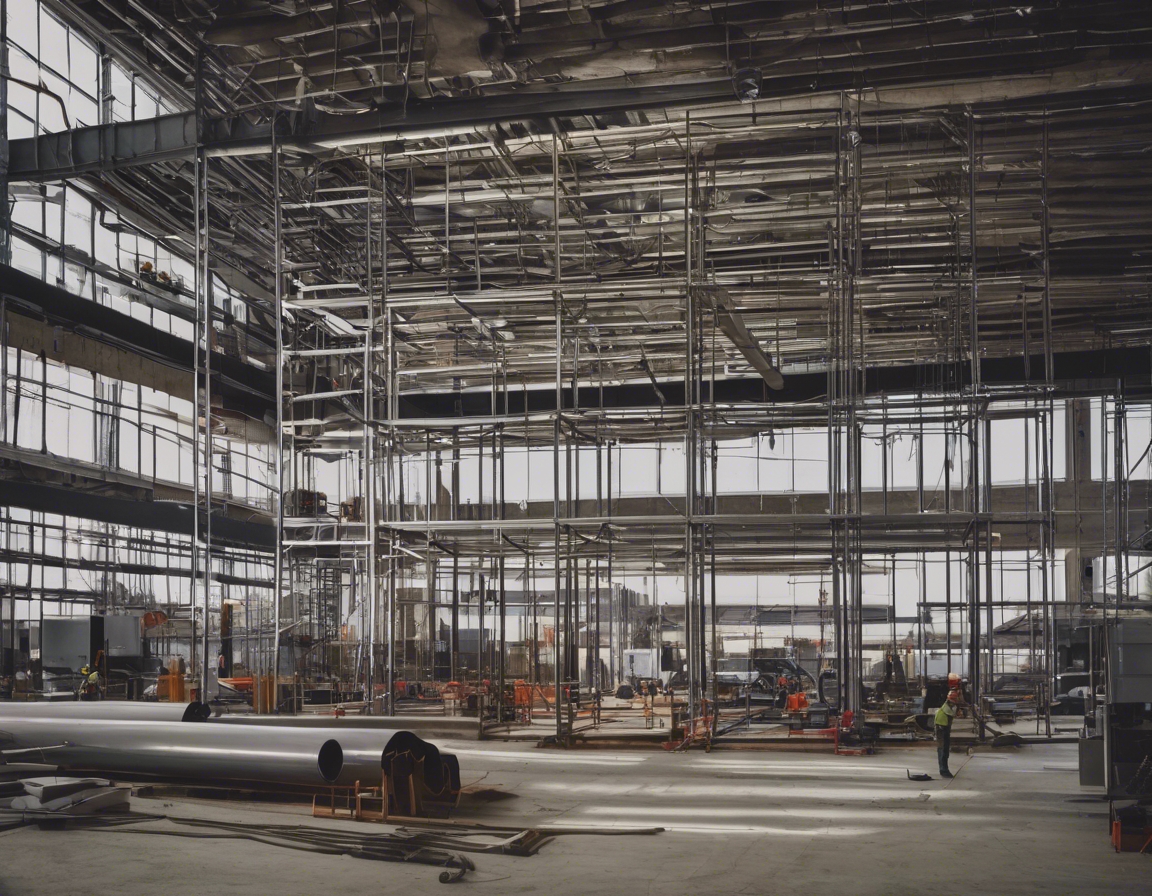
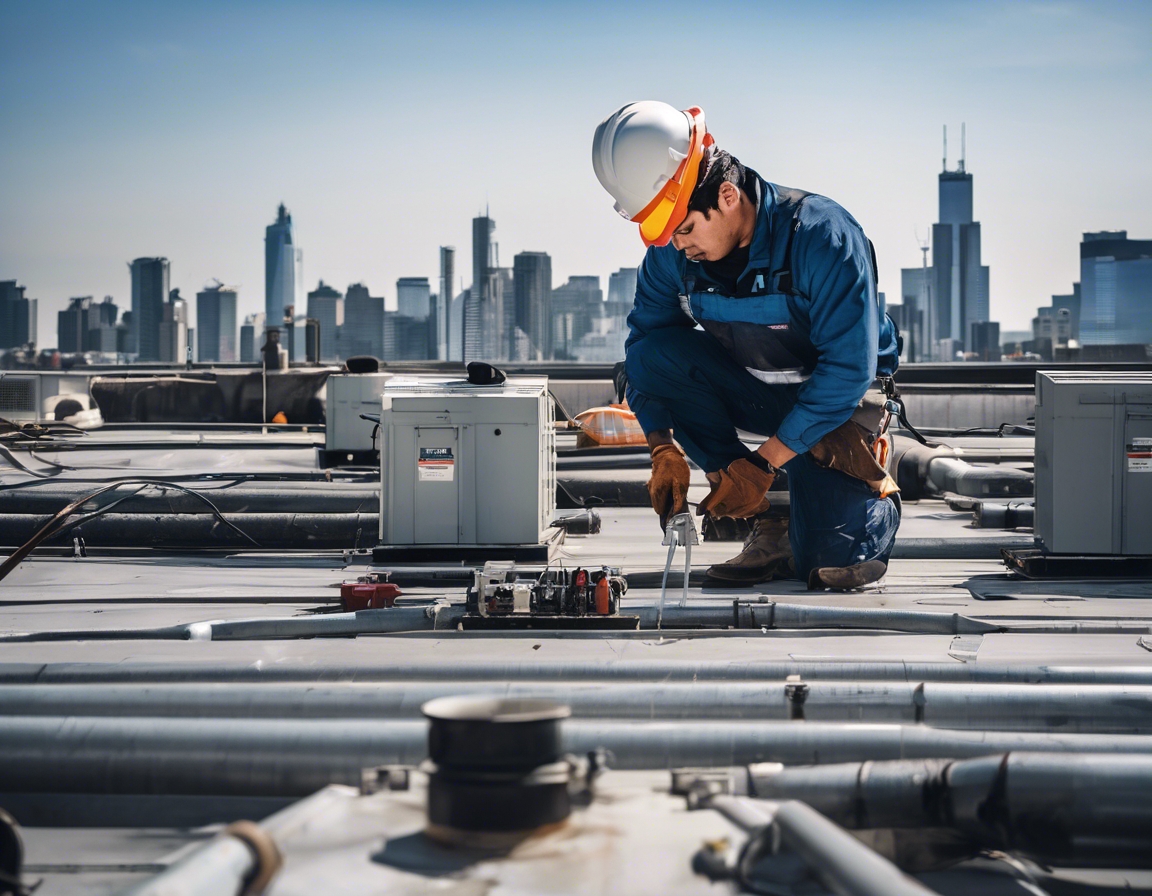
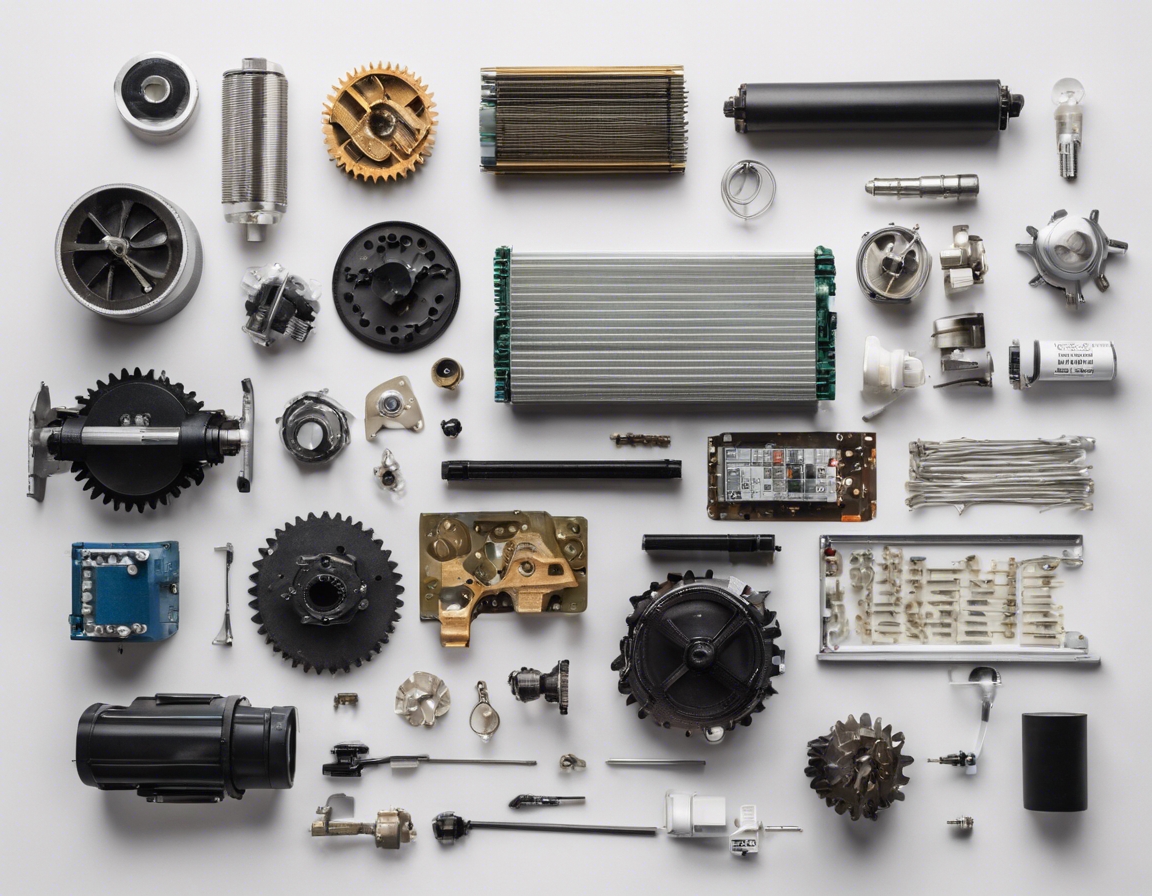
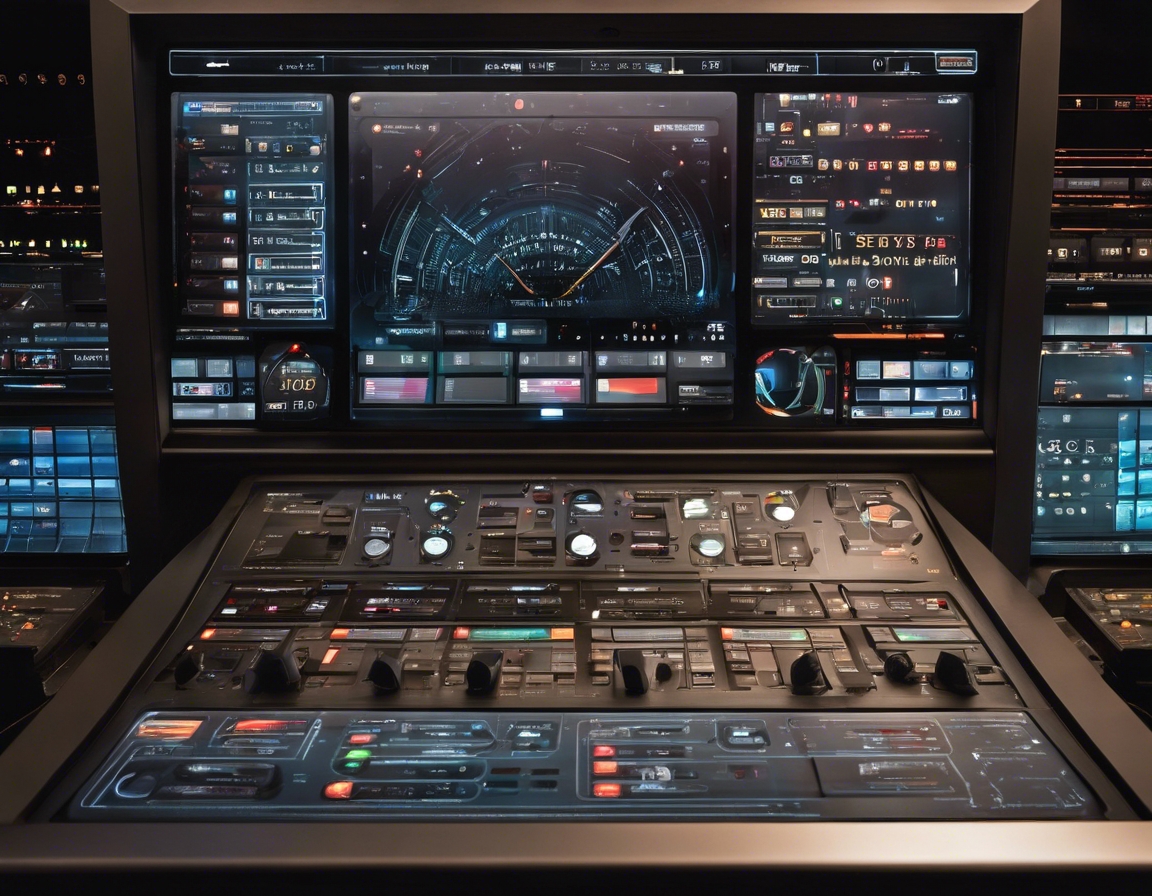
Comments (0)